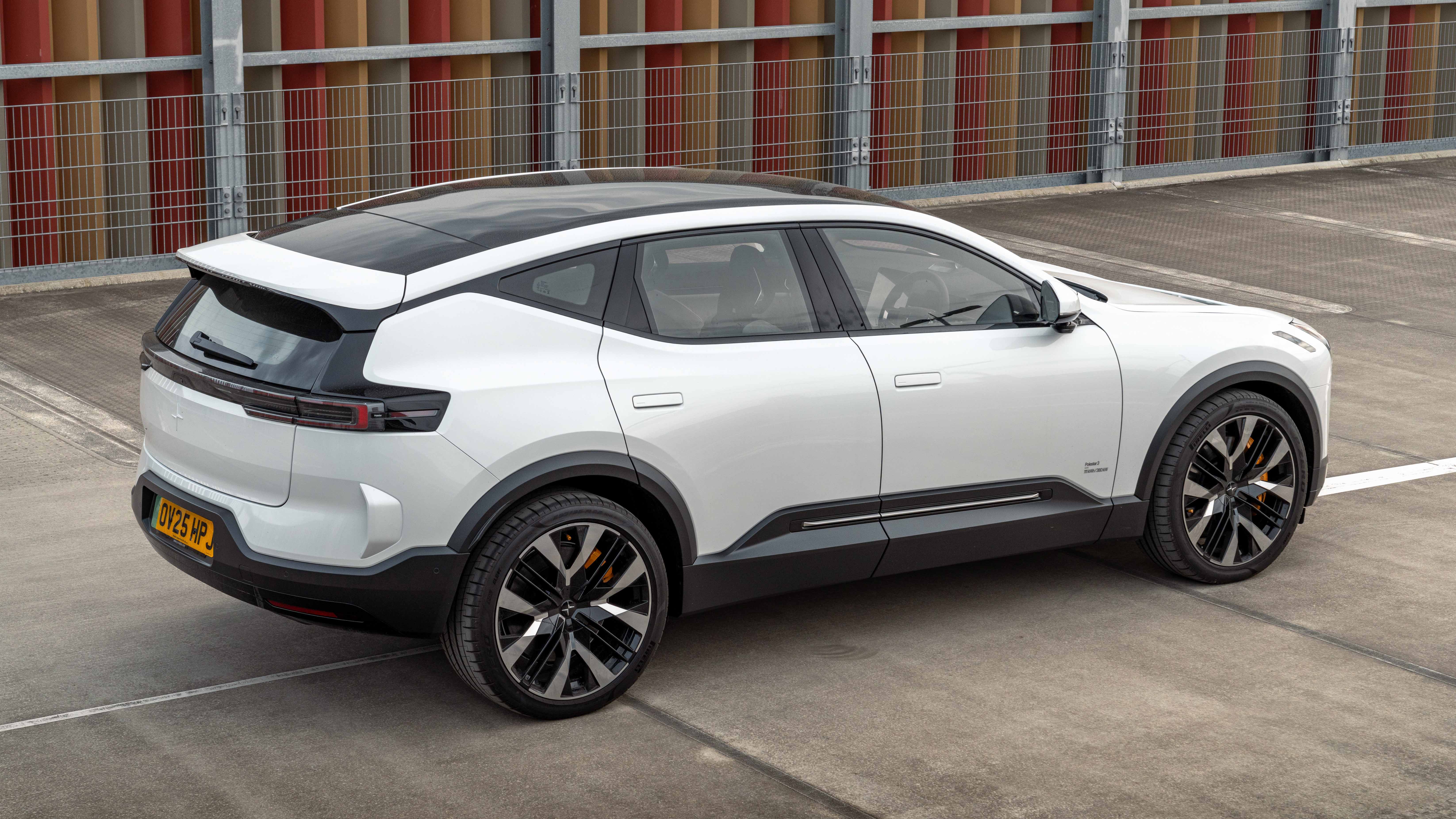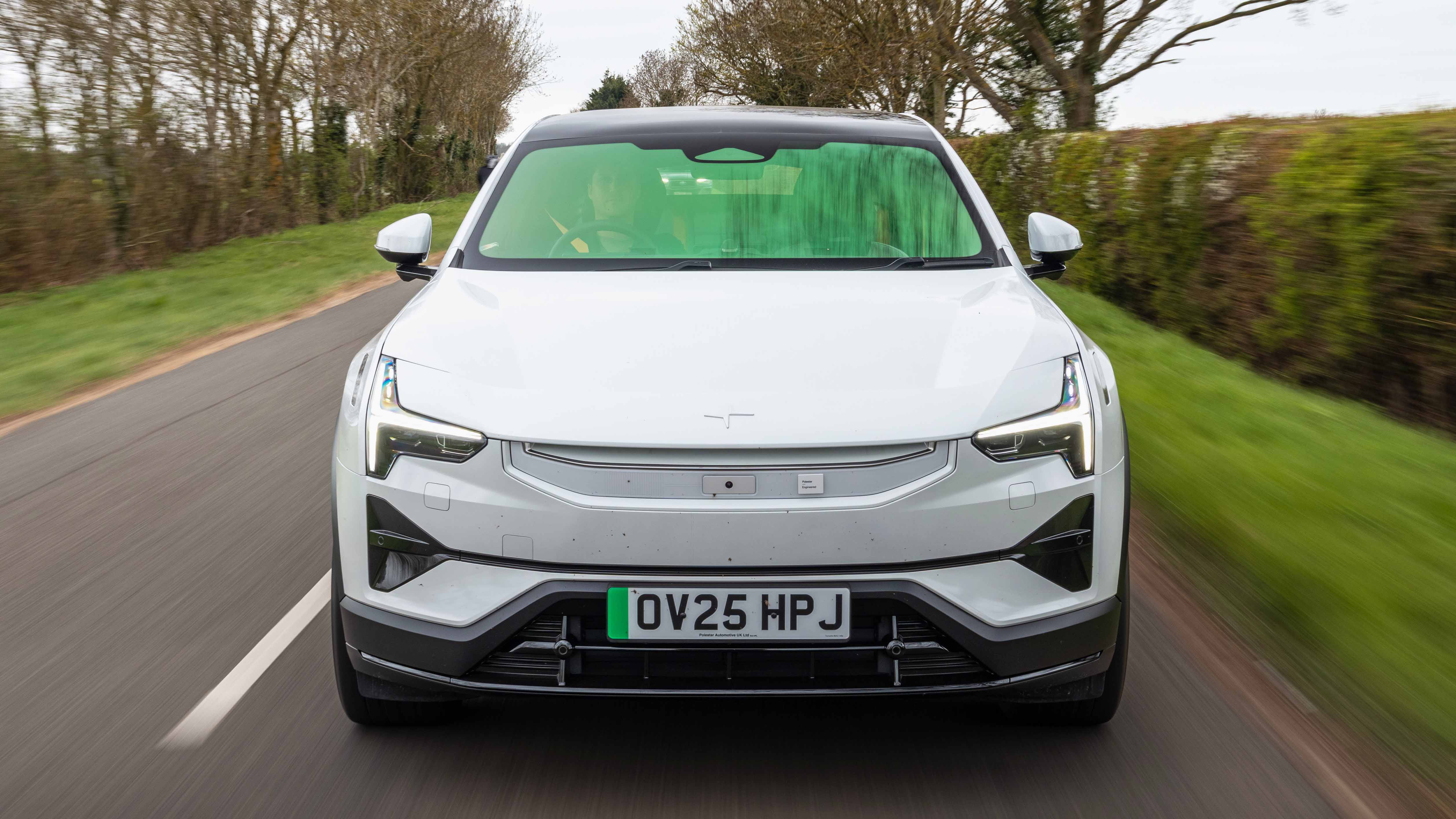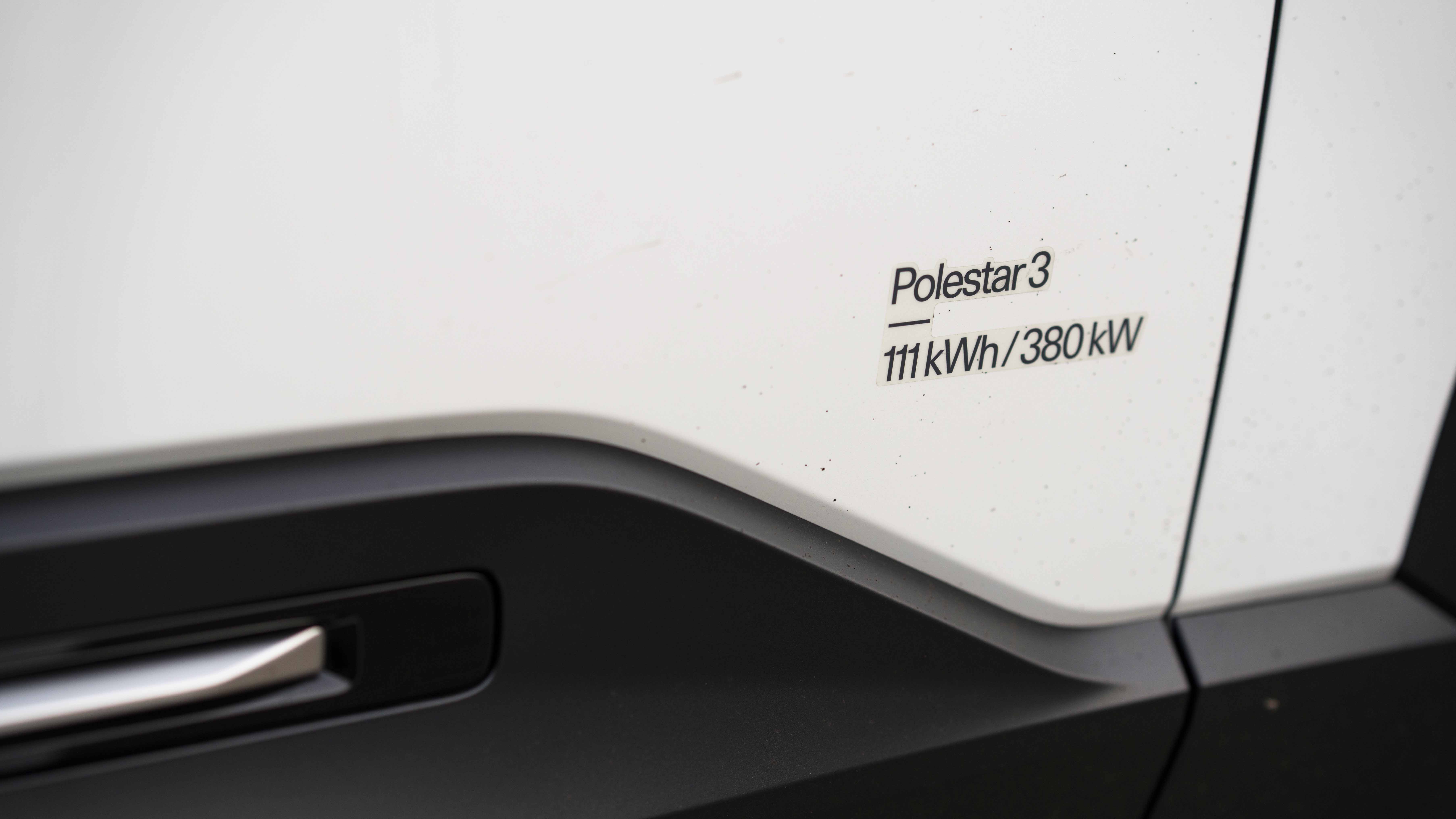
SPEC HIGHLIGHTS
- SPEC
Polestar 3
- Range
352 miles
- ENGINE
1cc
- BHP
509.6bhp
- 0-62
4.7s
Polestar 3: the car works beautifully, the charging network around it... less so
Contrary to some scaremongering, running an electric car is pretty straightforward. Ten years since my first EV, there is no novelty. This is now the mainstream.
But every so often things go awry. If you have a home charger, chances are you’ll do about 80 per cent of your charging on it with occasional top ups on a public system. So when your domestic set-up goes on the blink, it’s a problem. Mine is from BP Pulse, and it turns out that it missed an OTA firm-ware update because it had zoned out of the home wi-fi. Not that I was made aware that it needed this update, or indeed that problems would arise if it wasn’t connected to the wi-fi.
Into the circle of hell that is a customer helpline I ventured. The BP home charger has a little button underneath that’s supposed to re-set it, triggering a series of yellow lights whereupon a wi-fi connection can be re-established and the update process begun. Except that it simply refused to do it, which stumped the patient lady on the other end of the line. A follow-up email informed me that my case was being picked up by a colleague, equally patient, who insisted I do the same thing again, with identical results.
Now, at this point I was expecting helpline person two to say, ‘OK, we’ll send out an engineer, there’s clearly a problem'. But the warranty on the charger is only good for three years, we’re passed that, and BP Pulse were adamant that they had done all they were required to do.
The company exited the home charging business in 2023 – it’s only interested in big fleet business now – so the messaging here is clear: ‘You’re on your own. We don’t give a toss.’ Or words to that effect. I’m in the process of sourcing a new home charger, from a specialist rather than an offshoot of an oil company not known for its customer care.
And so to the public charging network. Gridserve is an impressive set-up with reliable fast chargers and contactless payment. But be warned: it costs 85p per kWh. I went for a top-up at its Thurrock site rather than the whole enchillada. Bear in mind that my home tariff with E.ON costs me 6.9p per kWh between midnight and 7am.
Then there’s Evolt, whose site beside Stansted airport offers charging at speeds ‘up to 150 kW’ and costs 65p per kWh. Alas, three of their 10 outlets were out of order when I rocked up, although if you use the QR code and webpay the company still takes £45 each time as an upfront payment even if no charging occurs.
I explained to the – patient – helpline guy on this occasion that this was something of a liberty, and he suggested I get an RFID card. I maintain that until charging your car involves exactly the same process as filling it with fuel, people are going to be a) confused or b) cheesed off at laying out money upfront for something that doesn’t then happen.
Helpline guy was able to direct me to a functioning charger, but that was ended prematurely when the customer on the other side had a problem and Evolt stopped both our sessions. A sub-optimal experience all-round, although there was a Café Nero nearby and I had an enjoyable iced coffee.
Meanwhile, the Polestar 3 is working beautifully. So that’s something.
Featured







